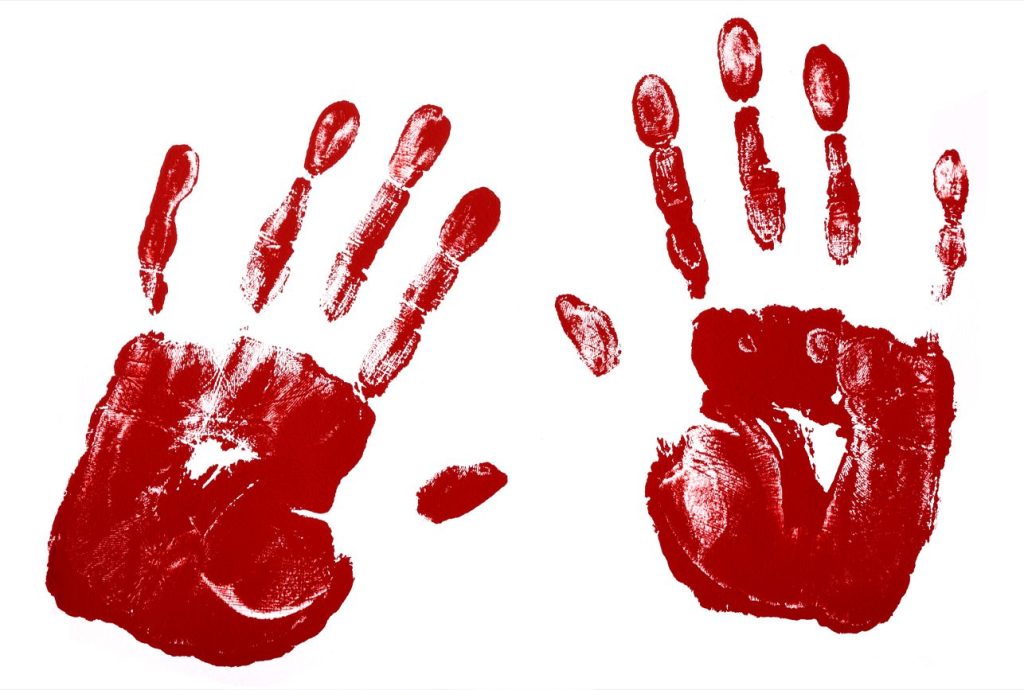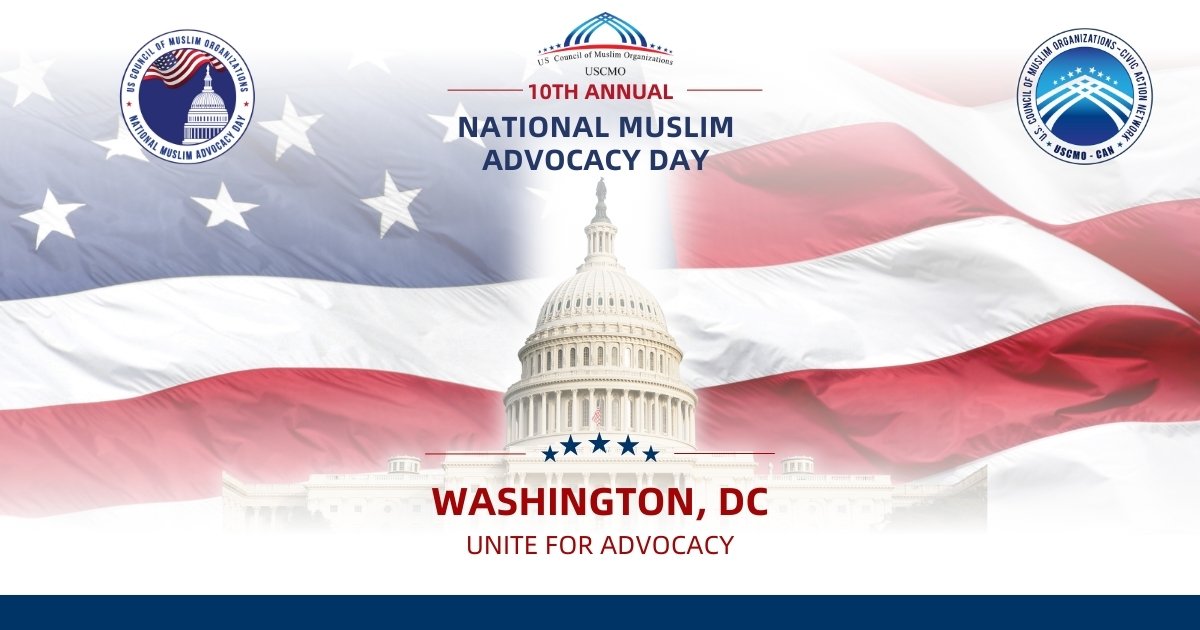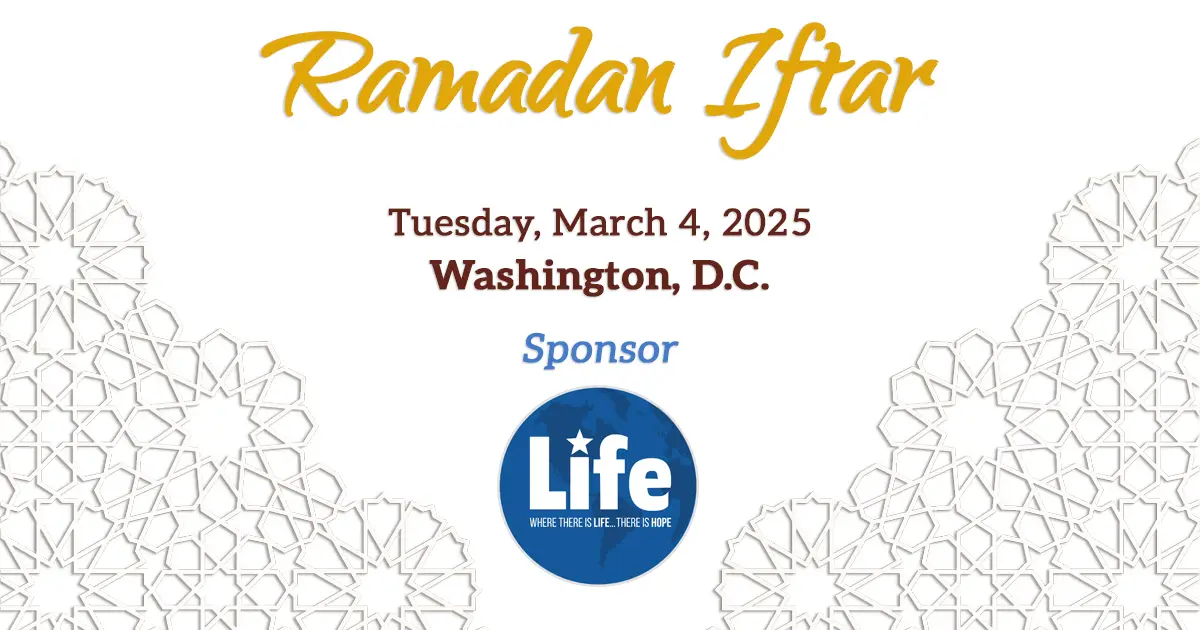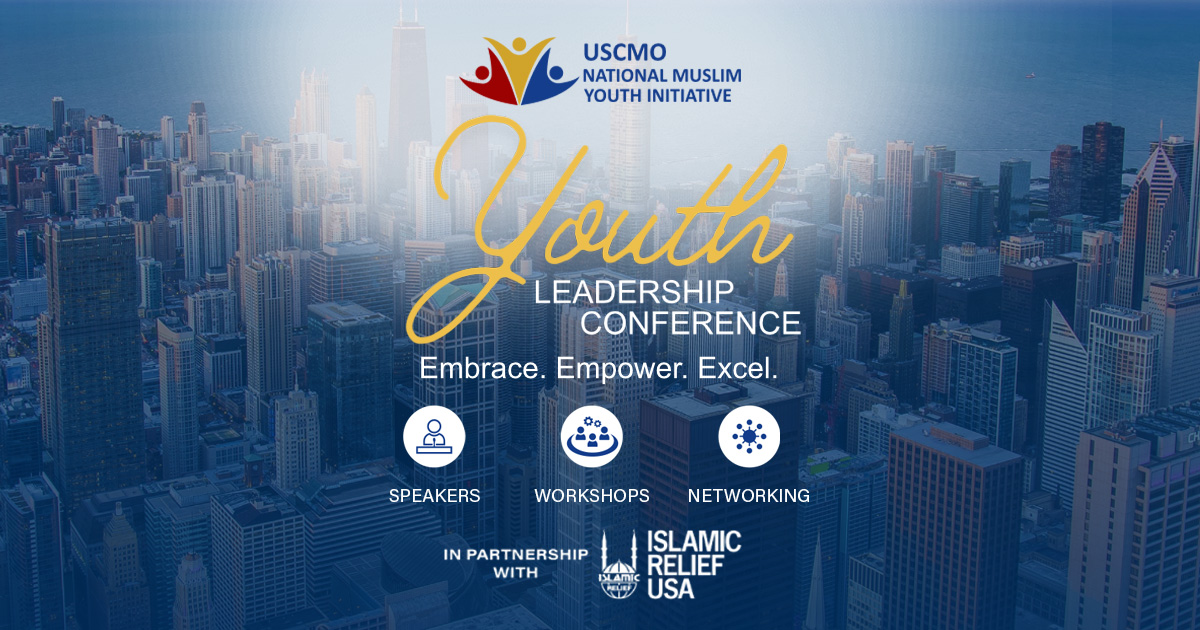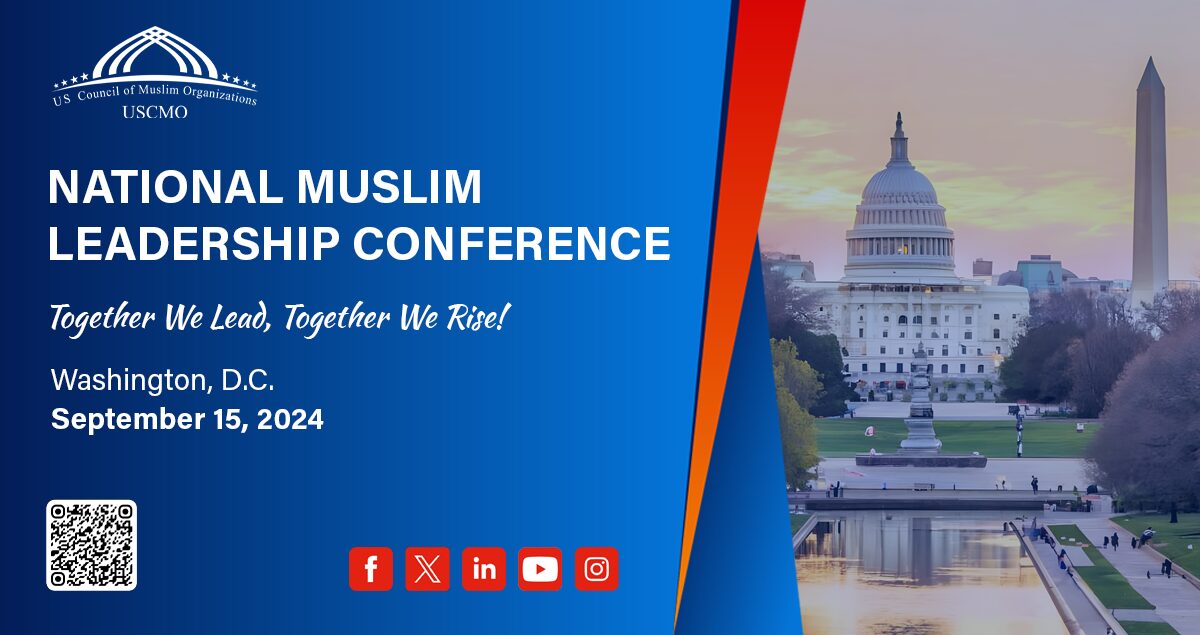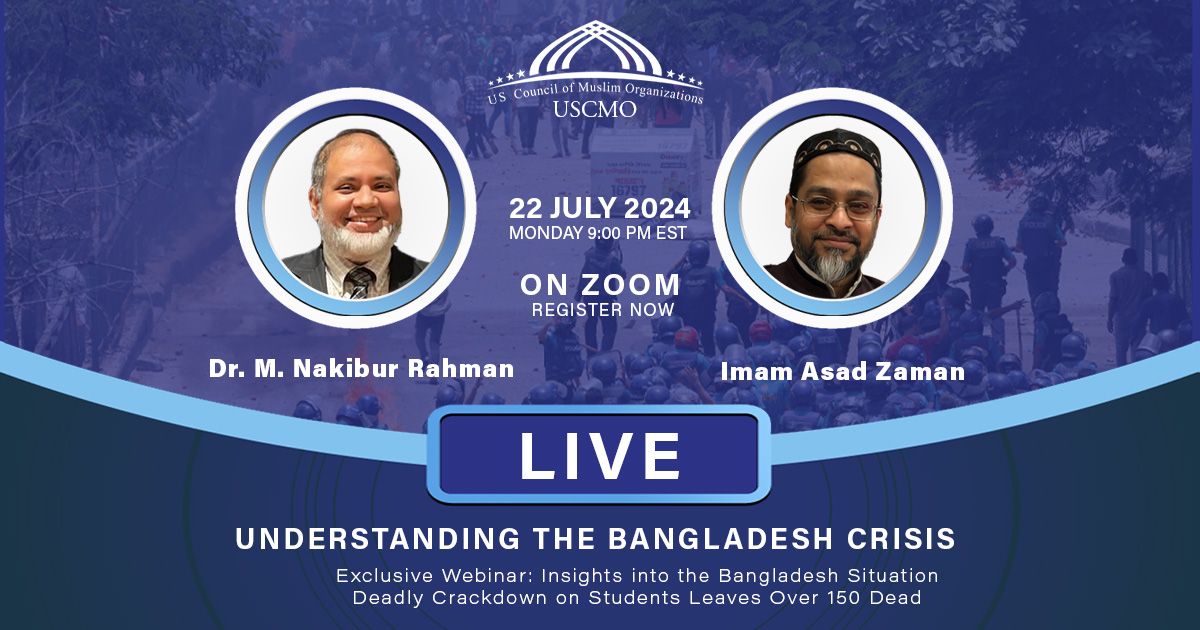(Washington D.C., 7/30/2023) – The U.S. Council of Muslim Organizations (USCMO), the nation’s umbrella group of national, regional, and local Muslim associations, strongly supports the upcoming National Human Trafficking Summit of Health and Human Services (HHS) Office of the Administration for Children & Families (ACF).
We have neglected the monstrous and proliferating scourge of human trafficking for far too long, with personally and societally devastating consequences.
Coordinated policy, planning, and action to free millions of trafficked people and prevent tens of thousands of others from falling prey to human traffickers is direly needed by governments; political representatives; judicial, investigative, and law enforcement systems; corporate and industry leaders; non-governmental organizations; social agencies; faith-based nonprofits; and academic researchers.
USCMO welcomes ACF’s request to join its invitation-only August 3-4 Summit in Arlington, Virginia to “help advance new and more wide-reaching human trafficking prevention initiatives over the next decade” – all the more because it comes at a time when conflict and climate catastrophe have left more human beings than ever vulnerable to human trafficking.
“This is an absolute crisis in the fight for our continued humanity,” said Oussama Jammal, USCMO secretary general, “and an overwhelming number of those at risk as trafficking victims are Muslims. It’s imperative that we educate ourselves and our communities about trafficking’s signs, how to fight it both legally and through enforcement, and especially how to support its devastated survivors and their mostly inadequately backed anti-trafficking advocates.”
Human trafficking is the use of force, fraud, or coercion to exploit someone’s labor, sell a person’s sexual acts, or exact labor or sex from one held in debt bondage.
Human trafficking is the third most profitable criminal enterprise in the world, according to the U.N., reaping some $150 billion annually from the labor and sexual exploitation of the vulnerable, said Bradley Myles, CEO of Polaris, the nonprofit operating the U.S. trafficking hotline.
The International Labor Organization last year estimated that human traffickers victimize more than 40.3 million worldwide, with UN Secretary-General Antonio Guterres drawing a direct line from refugees and the displaced and to the fact that “migrants account for more than half of those trafficked.”
In addition, the internet and social media’s ubiquitous global presence has exponentially increased both the appetites and capacities of human traffickers adept at using it to both lure unsuspecting job-seeking targets into vulnerable situations and to create new, lucrative criminal fraud enterprises to populate with their trafficked victims.
The Displacement and Trafficking Corridor
People separated from family, home, means of earning, or taken captive make up the overwhelming majority of human trafficking’s prey. That’s why the staggering new United Nations estimates of the forcibly displaced in our world – 110 million as of May (35.3 million refugees, 62.5 million internally, and 5.4 million asylum seekers in 2022), expected to rise to 117 million displaced and stateless in 139 countries, an amount that has doubled in a decade – almost certainly means the number of human trafficking victims will soar into the foreseeable future.
In this stark light, Jammal’s urgent call for Muslims to learn about trafficking and advance the mechanisms to combat it makes profound sense, as more than a third of these vulnerable are Muslims – about 40 percent children and half women – and this does not include 5.9 million heavily exploited Palestinian refugees under UNRWA (UN Relief and Works Agency) mandate, whose funding the U.S. and EU have significantly undermined.
Islamophobic Trafficking Narratives
Human trafficking is a double-edged razor for Muslims. On one hand, Muslims make up at least a third (by other calculations more than half, if climate disaster displaced, like Pakistan’s 8.8 million flood victims, are added in) of this vulnerable population’s potential targets.
On the other, after 9/11 the U.S. and European governments, nativist anti-migrant parties, and the mainstream media combined to elide the conceived crisis of Muslim terror and the rising sex-trafficking crisis in their countries, with widespread Islamophobic narratives about Muslims orchestrating global sex-trafficking operations as an assault on Western culture, though the U.S., Russia, and the Philippines accounted for the highest human trafficking trade in the world.
The discrepancy between migrant worker trafficking in states like California, Texas, and Florida and the difficulty getting basic anti-trafficking legislation through their local and state politicians – even regarding exploited children – speaks to the powerful governmental and corporate forces behind human trafficking, as does the seeming collusion among theaters to obstruct the powerful new anti-trafficking film Sound of Freedom.
Islamophobia as policy exploded in the liberal West after 9/11 because states projecting themselves in the world as special, and who had staked this claim of deserved primacy on their self-defining value of tolerance, now had to justify their abruptly overt intolerance for Muslims – the very definition of Islamophobia – domestically and in foreign lands.
They sought to account for this disparity and vindicate their Islamophobia through the massive propaganda pretense of chivalrous motivations to protect women – at home against Muslim immigration from the countries they were ravaging, and abroad in Muslim countries through military intervention.
Western media dutifully began a relentless racialized narrative campaign portraying Muslims as human traffickers. This both fed into and was fed by rising real anti-trafficking sentiment, concocted anti-Islamic sentiment, and the creation of strangely synergized policies combining both.
Muslims, Islam, and Human Trafficking
The political twining of Islamophobia and human trafficking still remains, but Jammal says Muslims should not turn a blind eye to labor sponsorship (kafala) systems in wealthy Gulf nations that exploit workers against the clear rulings of the Quran and the Prophet, on him be peace.
“Islam forbids exploitation, period, and in that context upholds workers’ rights, and, given this, the kafala system used in some wealthy Muslim nations is simply indefensible in its abuse of the basic labor rights of foreign workers – confiscating passports, preventing exit without employer permission, crowded labor housing conditions, even withholding wages,” said Jammal.
“The Prophet, on him be peace, has many statements on this, like, ‘Whoever hires a worker, let them know their wages [in advance]’; and “Give the hired workers their wages before their sweat dries’; and ‘Allah will be the enemy of three on the day of Resurrection, and one is he who hired a person for a stipulated wage, took full advantage of their labor, and then did not give them their due.’”
Western democracies still politicize human trafficking, even if their selective ends seem favorable, as in President Biden’s statement on China’s notorious Muslim detention camps.
“In 2021, I signed into law the bipartisan Uyghur Forced Labor Prevention Act to prevent goods made with forced labor in the Xinjiang Uyghur Autonomous Region of the People’s Republic of China from being imported to the United States.”
If it sounds like boycott, divestment, and sanctions, that tool is decidedly undemocratically applied, as in the case of egregious Israeli human trafficking violations of Palestinian worker exploitation, with many U.S. states and EU countries fast outlawing the growing international BDS movement against it.
USCMO Calls for Sweeping Reform
“How many packed boats must we see capsize or break apart and their desperate poor drowned – be it in the waters of the Mediterranean or on the Windward Passage from Haiti to the U.S. These helpless people are trying to flee the conflicts and disaster corruption rampant in their countries and falling victim to fraudster human traffickers and smugglers, or inhuman treatment at the borders of receiving countries,” said Jammal.
“USCMO and American Muslims strongly support a global policy for helping these tired, restless, and poor.
“We call for acknowledging the truly dangerous and unlivable circumstances that have forced these wayfarers and their families to migrate – some of which we in the wealthy countries of the world are responsible for.
“And we call for global cooperation in creating rigorous and merciful protections against human trafficking – through scrutinized unbiased legislation, enforcement, and policy changes – that the world’s downtrodden and vulnerable deserve without judgment.”
###

